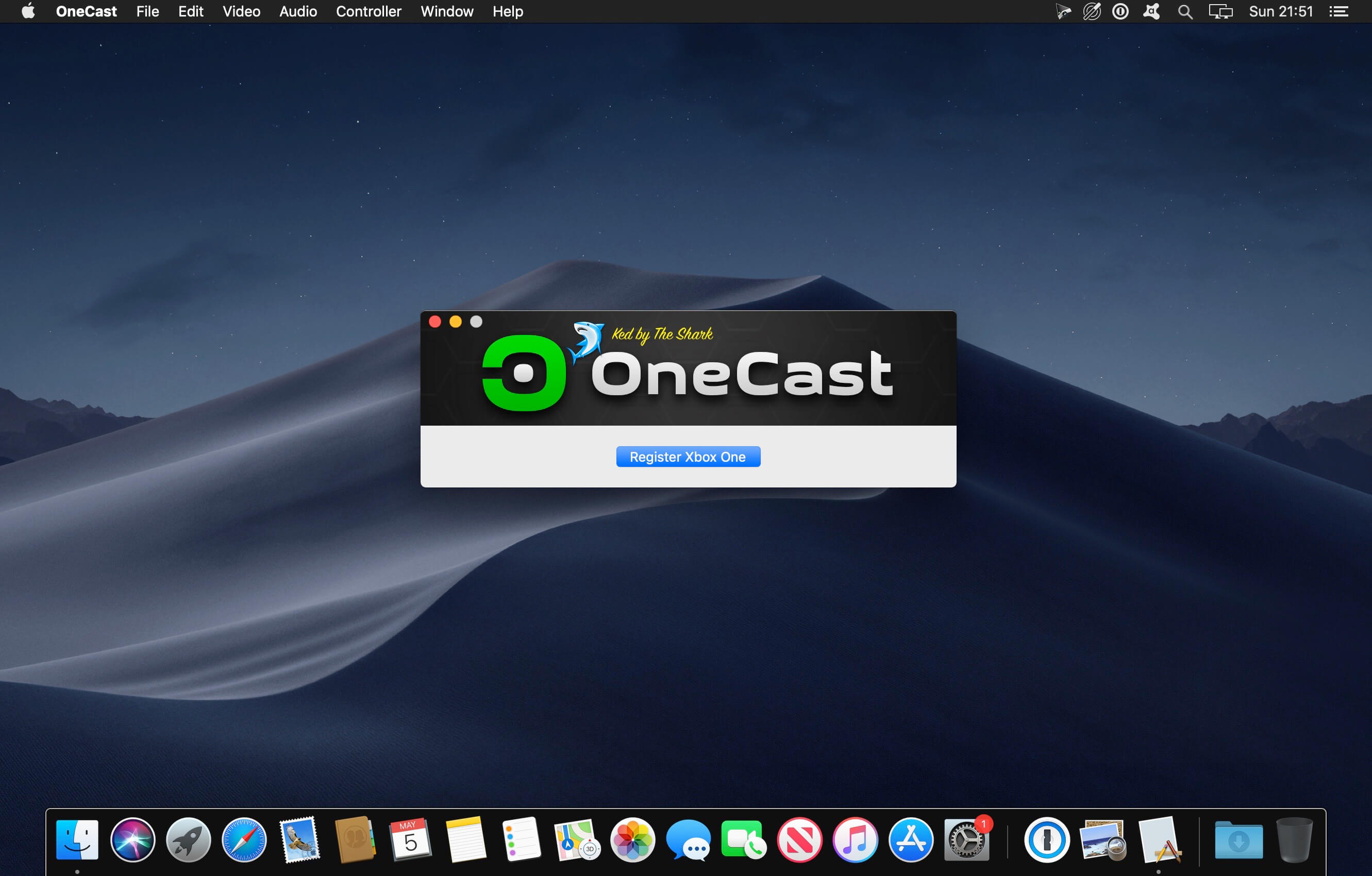
For instance, regulatory applications for the first human doses of COVID-19-vaccine candidates were processed in less than a week, instead of the typical 30 days. The acute state of the COVID-19 pandemic in 2020 prompted an unprecedented level of acceleration of regulatory processes and interactions. Regulatory factors specific to the pandemic But actions taken during the COVID-19 crisis have revealed some general lessons for pharmaceutical companies and others seeking to bring drugs and treatments to market faster. The urgent drug-development measures taken in each of these areas are unlikely to be replicated in a noncrisis situation. Similarly, authorities and regulators were open to proceeding with drug development, even with risks, and made themselves available for conversations with sponsors on short notice.įrom our own research, based on publicly available sources and conversations with industry experts and leaders at institutions that worked on COVID-19 vaccines, we have identified five areas where vaccine-development programs differed significantly from the norm: regulatory factors specific to the pandemic widely available knowledge about the disease amid a fast-moving pandemic technology-enabled advancements investing at risk and operational excellence and innovation in execution of drug development (Exhibit 2). Companies and governments accepted a level of investment risk (billions of dollars) that was justified only because of the extreme nature of the crisis, and unprecedented levels of public funding were made available very quickly.

How was it possible? Several factors that are clearly related to the nature of the global humanitarian crisis made it possible to break molds and challenge orthodoxies in a state of force majeure. It is a scientific, industrial, regulatory, and logistical achievement that will make history. It is no exaggeration to say that the development and deployment of COVID-19 vaccinations is capturing and catalyzing the hopes of millions or even billions of people around the world.
#Ressetting onecast trial full
The mumps virus had been present for decades, and a moderately effective vaccine candidate already existed by the end of World War II.Īt the time of this writing, 15 vaccine candidates have received emergency-use or full authorization in one or more countries, and more are expected in 2021. 3 The circumstances of developing a vaccine for the mumps virus were very different from those associated with developing a vaccine for COVID-19. Previously, the fastest vaccine development was that for the mumps virus, which took four years (from virus sampling to approval) during the 1960s. It is truly remarkable, then, that three COVID-19 vaccines were granted emergency-use authorization (EUA) or other forms of approval in Europe, the United Kingdom, or the United States by the end of 2020-just 11 months after the SARS-CoV-2 sequence was published and just eight or nine months after the first human doses were administered (Exhibit 1). Most academics and pharmaceutical-industry stalwarts would consider a development timeline of less than five years to be highly unusual. 2 EvaluatePharma Pharmaprojects press search. The same holds true for new anti-infective vaccines: the development of vaccines for the human papillomavirus, shingles, and pneumococcal infections, for instance, clocked in at between nine and 13 years.


1 Pharmaprojects McKinsey analysis, October 2020. This article was a collaborative effort by Gaurav Agrawal, Robert Hermann, Martin Møller, Rosa Poetes, and Michael Steinmann, representing views from McKinsey’s Pharmaceuticals & Medical Products Practice.Ī McKinsey analysis of all new drugs developed since 2000 shows that the mean development timeline-from the start of clinical testing (Phase 1) to approval-is nearly ten years.


 0 kommentar(er)
0 kommentar(er)
